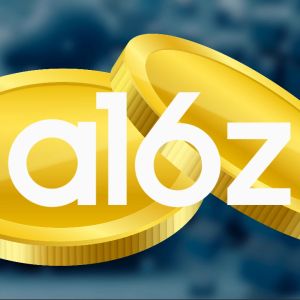A new report suggests that El Salvador is coming closer to striking an agreement with the International Monetary Fund (IMF) on multi-billion dollar funding — but it has to tweak some aspects of its contentious Bitcoin law in return. El Salvador To Scale Back Its BTC Ambitions According to a Dec. 9 report from the Financial Times citing people familiar with the matter, El Salvador expects to secure a $1.3 billion loan from the International Monetary Fund in the next two to three weeks. In return, the Salvadoran government will stop forcing merchants to accept Bitcoin as payment, making it a voluntary payment method instead of compulsory. If confirmed, the deal would unlock a total of $3.3 billion in loans from the World Bank and the Inter-American Development Bank, aimed at “supporting macroeconomic adjustment and structural reforms.” El Salvador Has Been Buying Bitcoin Since 2021 El Salvador made history in 2021 when it became the first country in the world to adopt Bitcoin as a legal tender , forcing businesses to accept the cryptocurrency if they had the technological means to do so. The impoverished Central American nation made its first 200 BTC buy on Sept. 6, 2021. The El Salvador government, led by its pro-Bitcoin president Nayib Bukele, has continued to purchase Bitcoin since, committing to acquire 1 BTC daily . The nation currently holds 5,932 BTC as of November 2024. With Bitcoin hitting $100,000 earlier this month, Bukele announced that the government’s Bitcoin stash was worth roughly $600 million , representing an impressive 126% increase. The IMF, however, has condemned the approach and issued multiple warnings over the years, citing “a number of macroeconomic, financial, and legal issues.” The latest development comes as no surprise to some observers, as in October, the International Monetary Fund reiterated its recommendation to limit the scope of its Bitcoin legislation and adoption. Nevertheless, the legal modification is unlikely to significantly impact Bitcoin adoption in El Salvador, which has been to a certain extent, poor. Back in August, Bukele admitted that the country’s BTC experiment had mixed results, adding that the crypto had witnessed limited domestic adoption.














